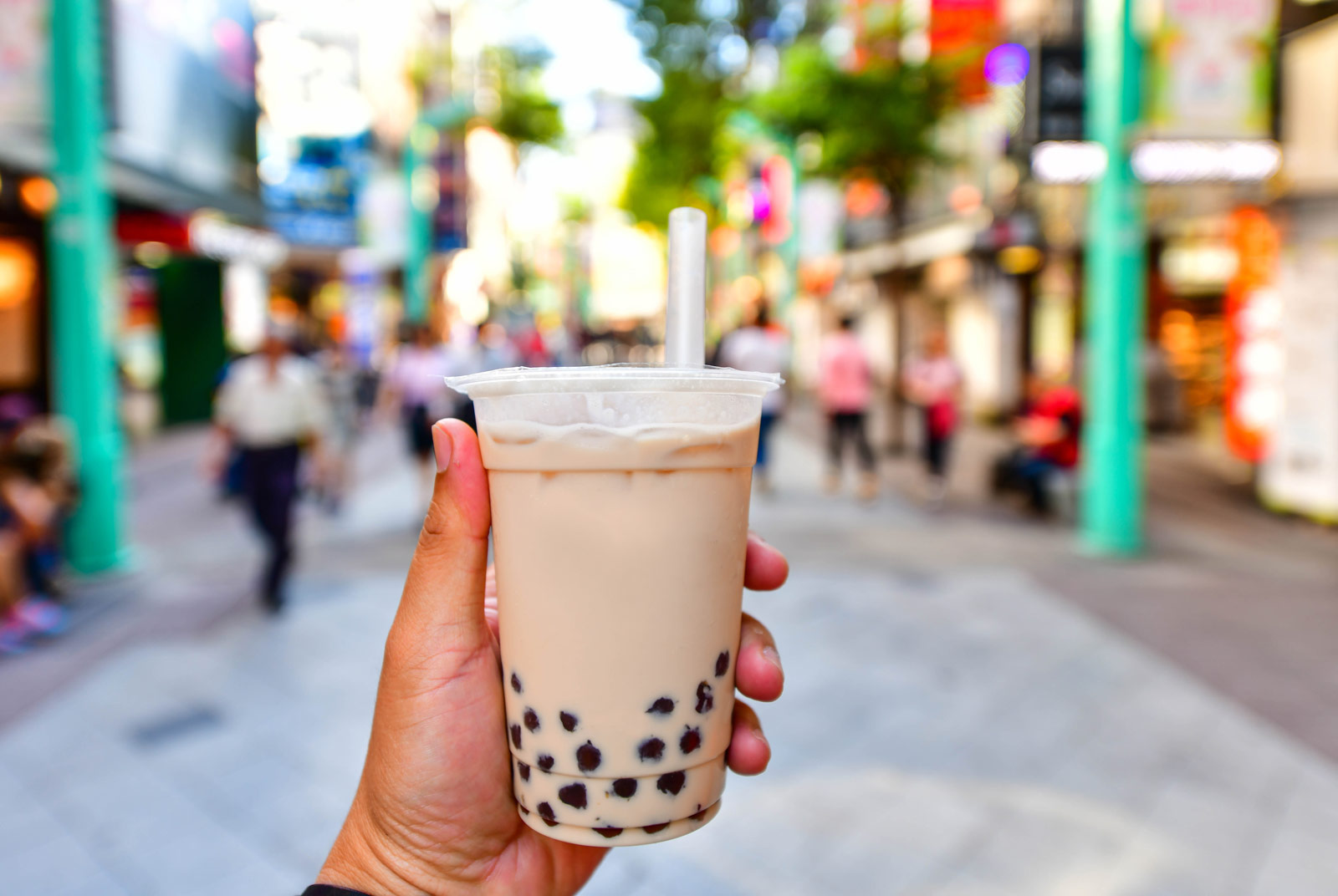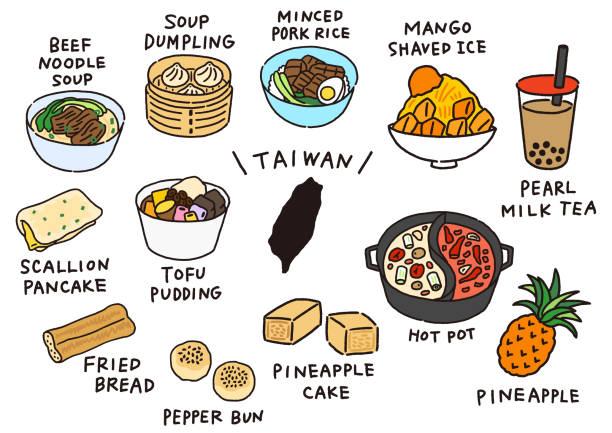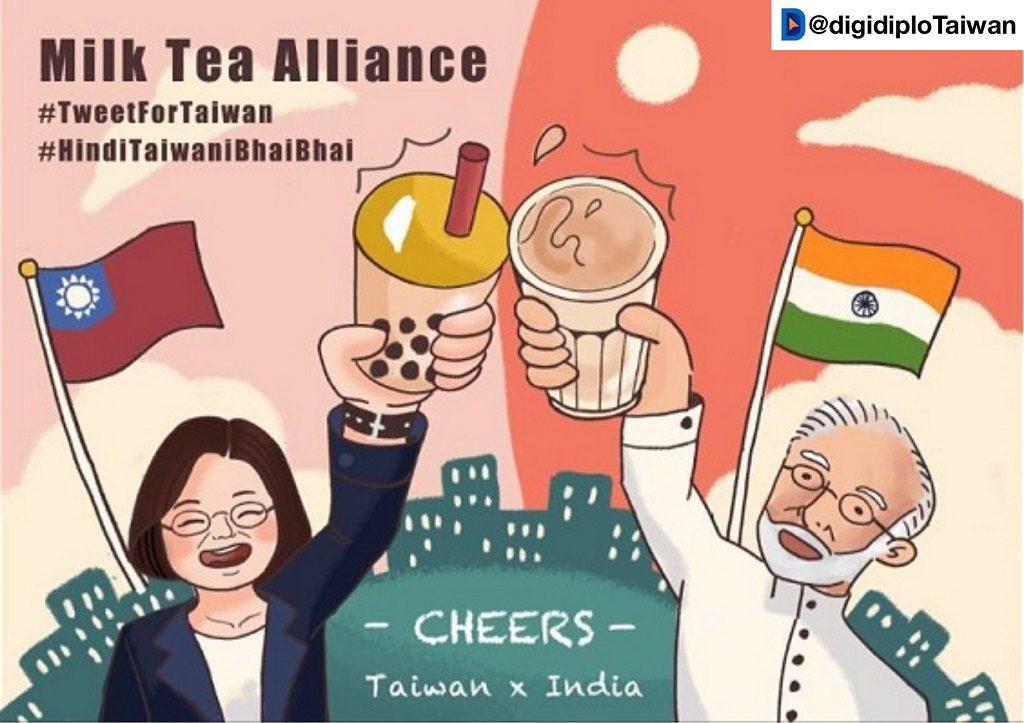How Taiwanese cuisine reflects a distinct identity

Source:shutterstock
Since ancient times, the saying ‘You are what you eat’ has shaped our popular imagination around food. While this saying strictly applies in the physical sense, where food plays a determining role in good health, food can also shape our sense of identity and belonging, an observation nowhere more evident than Taiwan. This is the basis of this paper- where I shall focus on how the Taiwanese cuisine reflects the Taiwanese identity at various points of the nation’s history.
Views
How Taiwanese cuisine reflects a distinct identity
By Taneesha Kaur Sethiweb only
In the following essay, I will start by exploring the ideas of food sociology, a concept which is related to my research question, and which also tells us why the issue becomes important in the first place. Then, I seek to answer the research question further, and in the conclusion, study how Taiwan’ s cuisine has over time become a tool of diplomacy and national assertiveness.
WHY FOOD?
One question my paper will invoke, and which I shall want to address, is what and why do I talk about food here. In simple words, why is food such an interesting topic of social research? I will give two arguments about why I find food such an interesting topic of study.
First, which I shall admit myself, is that I have always been a foodie, which is why it is always interesting to write about a topic which I am so passionate about. Writing about Taiwan’s cuisine makes me informed of the island’s cuisine, and adds to my list of must-have cuisines.
Second, which is a more academic reason, is that food is underrated when we study any culture. Food has always been seen as an experience out of scope of academia- it is seen ‘unfit’ for study. I do not agree with this notion, and it is only when food is studied as a separate entity that we can make social sciences more nuanced. Taiwan is the best place to start my initiative for popularising food as a subject of study, given the island's political history.
Before proceeding further, it is important to familiarise ourselves with food sociology. Food sociology can be defined as the study of history and progression of the culture, conflicts, and society of a nation. In the context of Taiwan, food sociology can be described to constitute two most important things- the cuisine/ food of Taiwan from a sociological perspective, reveals the arrival of mainland Chinese and Japanese into the island. Second, it reveals the need to come up with a distinct Taiwanese identity, which is separate from the identity of Mainland China. This stream of thought has become even more prominent after the rise of geopolitical tensions with China. How does this issue of my paper become important? If one were to condense these two markers of Taiwan’s food sociology together, it becomes clear that Taiwan’s cuisine is much more than just food consumption. Thus, food encompasses just the act of consumption and raises questions of identity, nationhood and ethnicity.
More importantly, food sociology studies how food reflects national conflicts over time. This is explored nowhere more clearly than Taiwan, where conflicts in the form of Japanese imperialism and the pro-democracy movements have found an expression in Taiwanese cuisine. The role of cuisine in understanding national identity is often under-appreciated, which is why this paper assumes significance.
I argue that Taiwanese cuisine reflects a distinct Taiwanese identity in two ways, which I have termed as hybrid identity and identity of resistance.
-
Hybrid identity-This term implies that there is a Taiwanese identity which is a hybrid of cultures, including Aboriginal culture, Japanese culture and Mainland Chinese culture (which further consists of Minnan and Hakka cultures). Thus, Taiwan’s identity in this manner becomes a ‘melting-pot’ of different ethnicities and cultures.
This hybridity is also visible in Taiwan’s food. For instance, after the Japanese invasion, food items like Japanese rice and miso (soybean paste) became an important part of Taiwan’s food. Similarly, the beef noodles soup, which is a widely known dish in Taiwan’s cuisine, is said to have originated with immigrants from Mainland China (Sichuan province). Similarly, after Chiang Kai-Shek came to the island with his 1.2 million followers, he decided to impose Mainland Chinese culture onto the Taiwanese. In one of these measures, Chiang Kai-Shek decided to regulate Japanese cuisine amongst local Taiwanese. This instance is just one of those many cases where cuisine becomes a central point of national identity. For Chiang, one of the precursors of enforcing an identity on the Taiwanese was through the change in food habits of the masses.
Similarly, the Aboriginal cuisine has become a question of unique identity for the tribal people of Taiwan. The Aborigines of Taiwan have been long marginalized, and their desire to be more active agents of nation-building has become even more strong. Which is why, they have used their local cuisine to forge a distinct identity for themselves. Cassidy A. Pfau has written liberally on how the food in Taiwan defines the identity of Taiwanese, especially amidst the rising geo-political tension with China. In one of her observations, she writes about ‘aboriginal villages’ which have been set-up in Taiwan to promote local aboriginal cuisine. Thus, for aboriginals, their food defines their unique identity.
All these examples clearly showcase how Taiwan has become a hybrid or melting pot of different cultures and even nationalities. In this light, the identity that is formed is inclusive, and pan-Asian. Later, we see how the tumultuous history of Taiwan has shaped its national cuisine over time.
 A cartoon showcasing popular Taiwanese dishes. (Source: iStock)
A cartoon showcasing popular Taiwanese dishes. (Source: iStock)
Identity of resistance: The second kind of way in which Taiwan’s cuisine reflects its identity is through what I have called the ‘identity of resistance’. I define the identity of resistance as a product of the 1980s and 90s in Taiwan, when the nation was undergoing pro-democratic protests. It was in this period that Taiwan became a democracy, and the Democratic Political Party was established in 1986. This was the first time in Taiwanese history that a party other than the KMT came to power. Ever since its foundation, the KMT had believed in developing strong ties between Taiwan and Mainland China. This policy was also reflected in Taiwan’s cuisine. The KMT party had not given due priority to Taiwanese cuisine, and Taiwan’s dishes were often excluded from high-level banquets.
This changed when the DPP came to power, and Taiwan’s local food began to be directly featured in the state’s official banquets. This is what I mean by the term ‘identity of resistance’, which can be defined as the phenomenon through which Taiwanese resist influence of other states on themselves, and instead, are forging an identity that is purely Taiwanese, has since the very beginning remained Taiwanese, and has not been polluted in any manner by culture of other countries. This resistance is seen to be very strong in the case of Taiwan, clearly due to tensions with China. This trend has become very prominent in recent years, where the percentage of people who consider themselves as ‘Taiwanese’ has increased from 17.6 in 1992 to 55.8 in 2018.
How has this resistance affected Taiwan’s contemporary cuisine? I argue that this happens through two ways. One way is differentiating Taiwan’s cuisine from other Asian cuisines. This popularisation takes place through promoting use of fresh and indigenous ingredients in cooking, giving Taiwanese foods like pineapple pastry global appeal by aesthetic packaging, and opening of Taiwanese restaurants making ‘authentic’ Taiwanese food. At the same time, there is bubble tea - a tapioca-based drink which has become widely successful around the world. This drink is now used as a tool of soft power by the Taiwanese. One instance was the consumption of bubble tea at a meeting between Taiwanese and Japanese diplomats. In short, this drink is now being used to mark Taiwan as different from Mainland China, a very significant marker of the ‘identity of resistance’ phenomenon.
There is another way to demonstrate the ‘identity of resistance’ phenomenon in Taiwanese cuisine. In this era of globalisation, we are witnessing the increasing popularity of global western chains like McDonalds in Asian countries. This West-led globalisation has created two set of identities in nations- one identity being west-influenced, that can be seen through the increasing consumption of McDonalds, Starbucks and other ‘global foods’. The second identity is still rooted in indigenous culture, devoid of any global influence.
This same can be said in the case of Taiwan. In Taiwan, what emerges is a dilemma: should the Taiwanese get integrated into the globalised world and assume a western identity, or should they retain their identity as Taiwanese? This form of resistance is seen in Taiwan’s cuisine, where McDonalds of the West is seen to compete with Hakka fine noodle restaurants on the island’s streets.
As all these trends have shown, Taiwan’s cuisine and its identity are closely tied-up, and what is ‘Taiwanese identity’ has differed across time, as my hypothesis on hybrid identity and identity of resistance shows. Now, Taiwan’s cuisine is being used as a diplomatic tool. In September 2021, political tensions between China and Taiwan escalated, and in order to ‘punish’ Taiwan for reasserting its independence, China banned the import of tropical fruits from Taiwan. Through this tool, they wanted to build diplomatic pressure on Taiwan to re-negotiate their political status with China. Link between diplomacy and cuisine has also been brought out by SOAS London. In this case, an interesting example is the milk tea alliance, which has become a symbol of online activism for pro-democracy protests across Asia.
 A poster of the Milk Tea Alliance after India joined the platform in 2020 (Source: post-Galwan conflict with China.)
A poster of the Milk Tea Alliance after India joined the platform in 2020 (Source: post-Galwan conflict with China.) In conclusion, it can be summarised that notions of identity in Taiwan are closely linked with the island-nation’s cuisine. In fact, if one understands food sociology, Taiwan’s history and the political turmoil have both impacted Taiwanese cuisine. Moreover, globalisation has strengthened the desire to create a unique Taiwanese identity. Such developments only point towards one thing - the importance of cuisine should receive appreciation, and more research needs to be focused on food’s relation to identity if we seek to explore the topic of Taiwan further.
(This piece reflects the author's opinion, and does not represent the opinion of CommonWealth Magazine.)
About the Author:

Taneesha Kaur Sethi, a BA Honors Political Science student from Jindal School of International Affairs, OP Jindal Global University, Sonipat, India
Have you read?
- Chatime Takes Taiwanese Bubble Tea to Epic Success Overseas
- Beverage Brand from Taiwan Challenges Bangkok’s Hand-shaken Drinks Scene with Coffee-based Mixtures
- How did Taiwan Become a Haven for Recreational Prawn-Fishing?
Uploaded by Ian Huang






